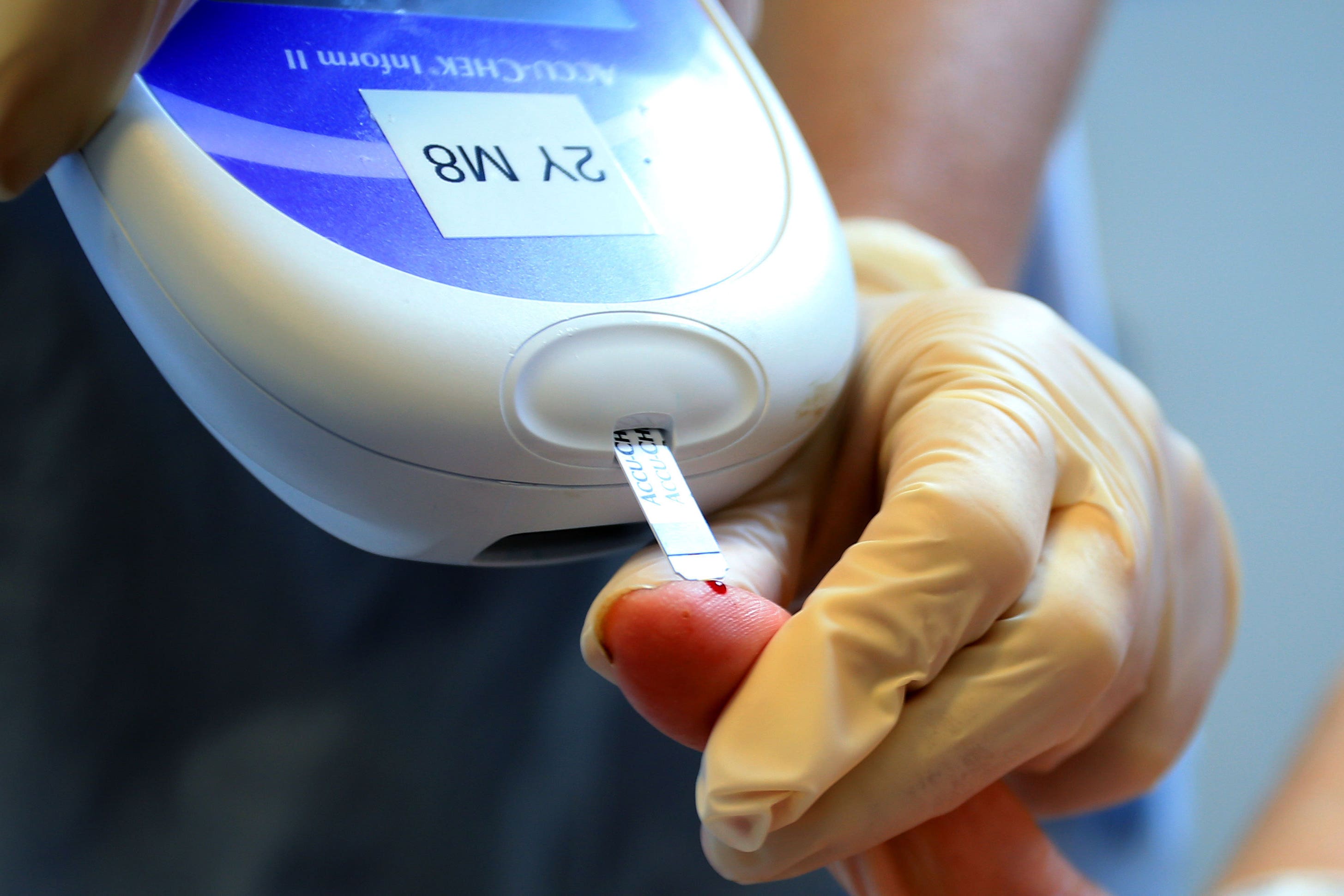Insulin less temperature-sensitive than previously thought, study suggests
The findings could affect millions of people living in low and middle-income countries, particularly those in rural areas.

Insulin can be kept at room temperature for months without losing potency, a new study suggests, offering hope to people living with diabetes in areas with limited access to healthcare or power.
The findings could affect millions of people living in low and middle-income countries, particularly those in rural areas, as well as people whose lives have been disrupted by conflict or natural disasters, researchers say.
People with diabetes cannot make enough insulin and those with type 1 diabetes have to inject insulin several times a day, typically before every meal.
The hormone helps turn food into energy and controls blood sugar levels, and is an essential medicine for those with the condition.
Diabetes UK currently advises that the best place to keep insulin not being used is in the fridge, because it needs to be kept at temperatures lower than 25C.
It says the ideal storage temperature is 2C to 6C, but for insulin being used on the day, room temperature is usually fine.
However, according to the new review, it is possible to store unopened vials and cartridges of specific types of human insulin at temperatures of up to 25C for a maximum of six months, and up to 37C for a maximum of two months, without any clinically relevant loss of insulin activity.
Data from one of the studies reviewed showed no loss of insulin activity for specific insulin types when stored in oscillating ambient temperatures between 25C and 37C for up to three months.
Researchers say this fluctuation resembles the day-night temperature cycles experienced in tropical countries.
For millions of people with diabetes living in poorer countries and those in conflict zones, electricity and refrigeration is not readily available.
Our study opens up new possibilities for individuals living in challenging environments, where access to refrigeration is limited
Dr Bernd Richter, from Heinrich Heine University, stressed the significance of this research, particularly for people living with type 1 diabetes.
He said: “While type 2 diabetes presents its challenges, type 1 diabetes necessitates insulin for survival.
“This underscores the critical need for clear guidance for people with diabetes in critical life situations, which many individuals lack from official sources.
“Our study opens up new possibilities for individuals living in challenging environments, where access to refrigeration is limited.
“By understanding the thermal stability of insulin and exploring innovative storage solutions, we can make a significant impact on the lives of those who depend on insulin for their wellbeing.”
The researchers, led by Dr Richter, from the Institute of General Practice, Medical Faculty of the Heinrich Heine University in Germany, conducted comprehensive research to investigate insulin stability under various storage conditions.
The Cochrane review analysed a total of 17 studies, including investigations of insulin vials, cartridges/pens, and prefilled syringes.
The findings are published in the Cochrane database of systematic reviews.